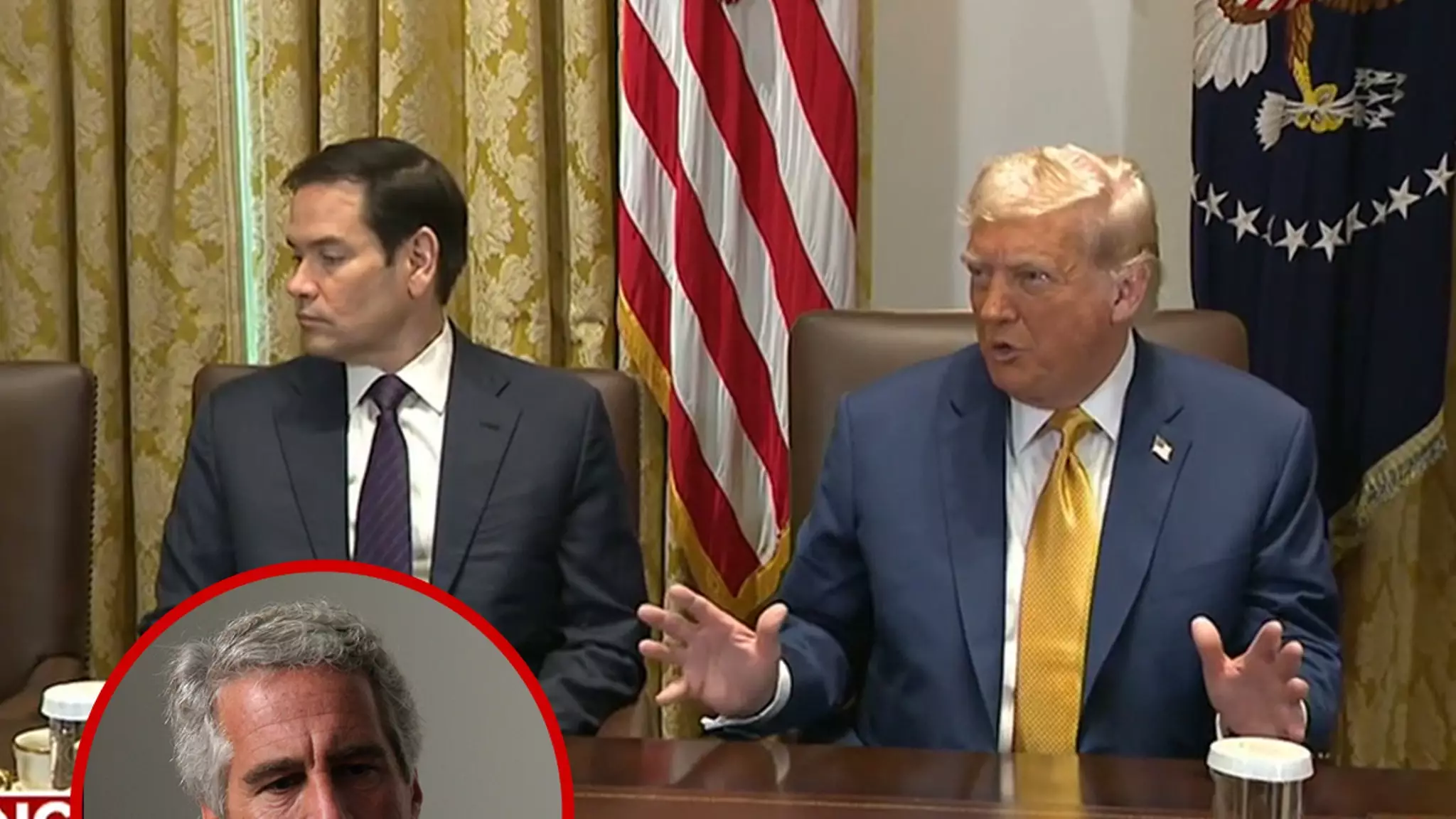In the labyrinth of high-profile investigations, the public’s appetite for truth is insatiable. When it pertains to figures as controversial as Jeffrey Epstein, transparency becomes not just desirable but imperative. However, recent events reveal a disturbing trend: governments and officials often withhold or obscure information, fueling suspicion rather than alleviating it. The reaction from President Trump during the recent press interaction exemplifies this. His dismissive attitude toward a journalist’s inquiry on the Epstein memo showcases a broader reluctance to confront uncomfortable truths. Analyzing this interaction critically suggests a potential attempt to steer focus away from unresolved questions, instead emphasizing shiny successes or diverting to unrelated tragedies.
The Role of Official Statements and Their Contradictions
The Department of Justice’s announcement that there is no evidence of a “client list” or foul play in Epstein’s death starkly conflicts with previous hints from figures like Attorney General Pam Bondi. Her prior insinuations about documents referencing Epstein’s clients—though later downplayed—fuel the public’s skepticism. This inconsistency isn’t merely about petty political spin; it erodes confidence in official narratives, reinforcing the perception that something major remains hidden. The subsequent handling by White House spokesperson Karoline Leavitt, who attempted to minimize the significance of the papers, underscores an institutional tendency to obscure rather than clarify.
The Power of Media and Public Perception
Media narratives play a pivotal role in shaping collective understanding of complex legal cases. When the public’s expectations of explosive revelations clash with what is ultimately released—mostly innocuous public records—it breeds distrust and conspiracy theories. The February announcement of the Epstein documents, which ultimately yielded little more than publicly known information, illustrates this disconnect. The case reveals how governmental transparency, or the lack thereof, can influence societal trust, especially when a case involves allegations of abuse linked to influential elites.
The Implication of the Legal Community
Adding another layer to this intricate puzzle is the perspective of legal professionals associated with Epstein’s case. For instance, David Schoen’s dismissive statement about the nonexistent “client list” reveals the skepticism even within legal circles. His comment, labeling the idea as “bonkers,” signals how some segments of the legal community view conspiracy theories as unfounded. Yet, his stance also exemplifies how legal opinions can both challenge and reinforce official narratives—highlighting the importance of independent scrutiny in such sensitive investigations.
The Ethical Dilemma of Public Officials and Accountability
Ultimately, this saga calls into question the ethical responsibilities of those in power. Their reluctance to provide full disclosure or to confront uncomfortable truths compromises the integrity of the justice system and damages public faith. When officials prioritize political convenience over transparency, they risk fostering a culture of suspicion and cynicism. In cases like Epstein’s, where the stakes involve the exploitation of vulnerable individuals and powerful cover-ups, the pursuit of transparency isn’t just idealistic—it’s an ethical obligation. Only by embracing honesty can societal trust be restored, ensuring that justice isn’t buried beneath layers of obfuscation.

